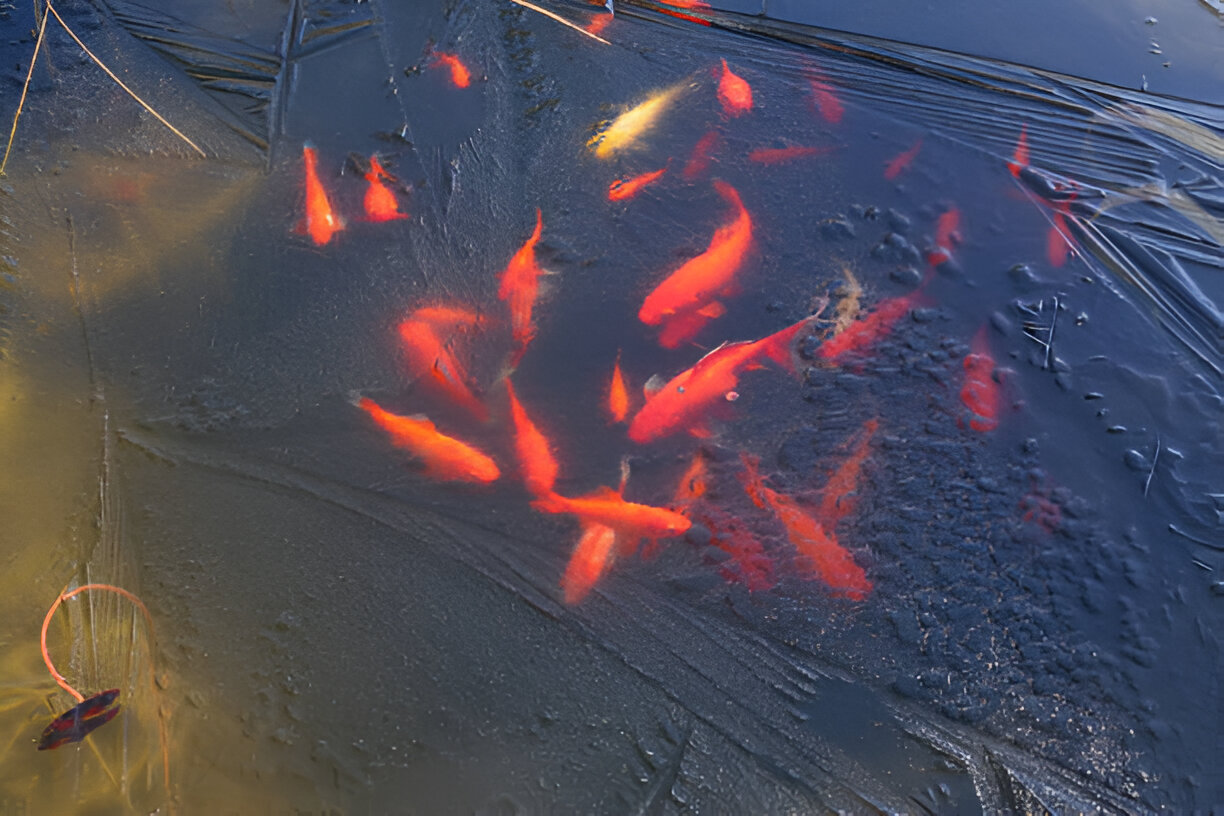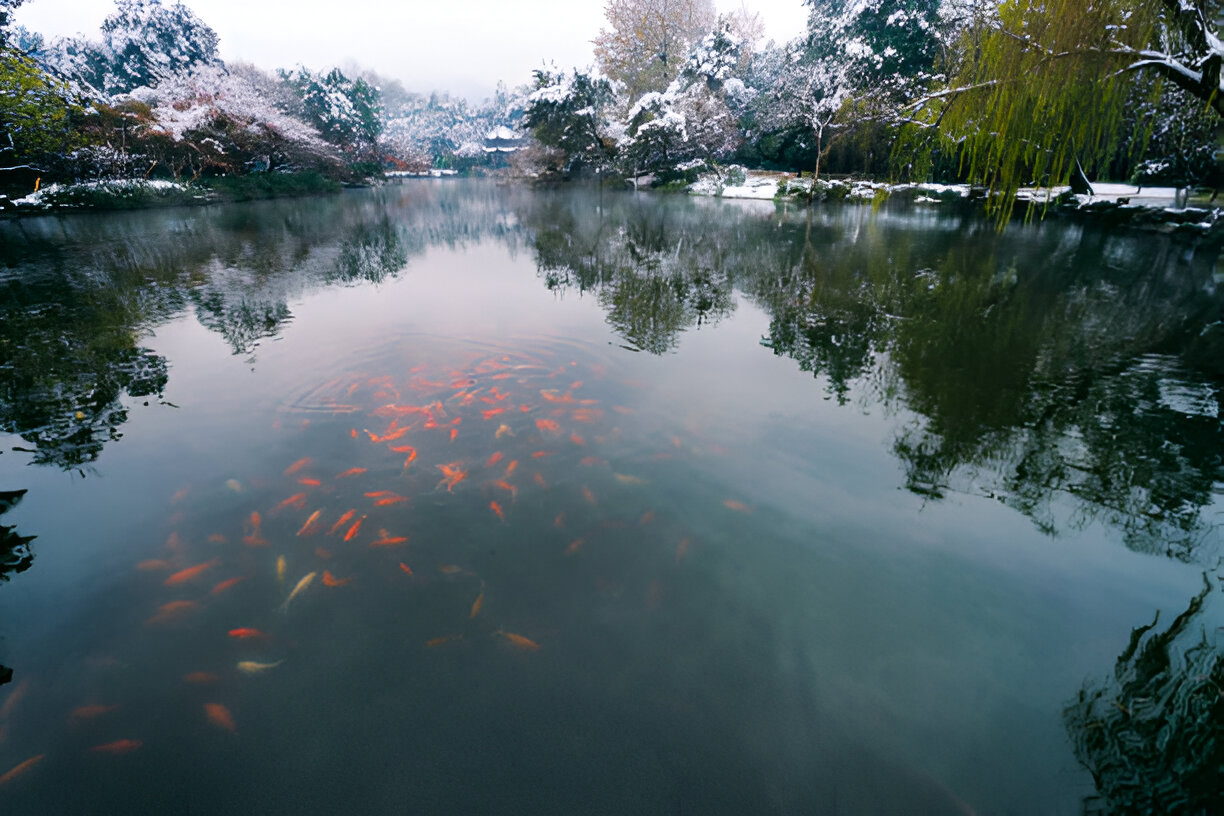
Your pond turns into a whole different setting as the temperature begins to fall and your yard turns into a chilly paradise. Your pond fish may look ignorant of being in the cold, but winter can be cruel to their survival. Not only cold weather is annoying, but it can also have a severe impact on their health, decrease their immunity and cause you some losses in case you are not ready. However, you do not have to get overwhelmed. A bit of practical thinking and a good routine of care and feeding and you can have a healthy fish all winter long.
Get the Right Filtration System in Place
Investing in a superb filtration system year-round is among the greatest things you may do for your pond.
For instance, pond owners all around UK prefer the Evolution Aqua Nexus filtration system since it is simple to clean and keeps superb water quality. Good filtration is especially crucial in winter when your fish are more exposed to bad water conditions. For specialized assistance in South London, That Pond Guy provides lake and pond solutions that remove the guesswork from winter preparation. Having someone nearby who knows seasonal problems helps immensely.
Stop Feeding When Temperatures Drop
Metabolism of fish decreases greatly when the water temperatures are below 10 degrees C (or 50 degrees F). It would be prudent to quit feeding them at this stage. Uneaten food in the pond will rot causing more ammonia thereby a condition fish can never bear when their system is functioning at that low level.
A safe way to make sure that you are doing the right thing is to check the temperatures using a dependable pond thermometer and immediately you notice a drop, stop feeding.
Keep the Water Surface from Freezing Over
Gases like ammonia and carbon dioxide trapped within a completely frozen pond and oxygen entry are blocked. For your fish, this can be lethal or even lethal. Keep a small area of the surface ice-free by means of a pond heater or an air stone. Never attempt to shatter the ice; it produces shockwaves that could stress or hurt your fish.
Clean and Prep Before It Gets Cold

Remove leaves, rubbish and refuse on the bottom of the pond before the onset of winter at full. Unless attended to, such a material will rot during the cold months and may release toxic gases to disturb the environment of your pond. You should also cut off any dead or dying aquatic plants now, too, as that minimizes the number of organic materials left behind to decompose in the water.
Also, this is the optimum moment to check your pumps, filters, and UV clarifiers and make sure that they are functioning properly. Check and go through the manufacturer winter maintenance instructions on any equipment you use- doing this now will avoid a surprise when you go to work and one or more of your winter maintenance related items are not functioning.
Consider Reducing Water Flow
Although oxygen exchange depends on circulation, too much water movement throughout winter might disturb the natural temperature layers that assist to keep your fish at ease.
Other pond owners prefer to switch-off or switch-around their pumps so as to reduce surface agitation while allowing some circulation deeper in the pond, where the water remains warmer.
Final Thoughts
For your pond fish—or for you—winter does not need to be a taxing period. Some basic preparation, some clever pond equipment, and maybe expert aid guarantee your fish remain fit and stress-free all season long.
